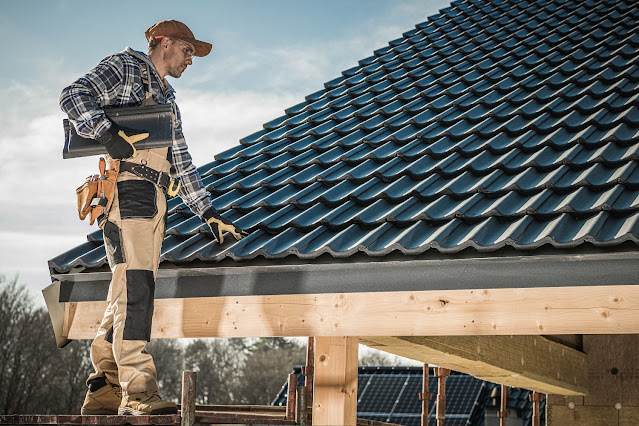Roof Repair vs. Replacement: Making the Right Choice
When it comes to maintaining the integrity of your home or building, the condition of your roof plays a critical role. Over time, roofs can deteriorate due to wear and tear, weather exposure, and other factors. When you notice issues with your roof, such as leaks, damaged shingles, or signs of aging, you'll need to decide between roof repair and replacement. Here, we'll explore the key factors to consider when making this important decision.
1. Age of the Roof:
Repair: If your roof is relatively new and has minor issues, repairs may be sufficient to address the problem and extend its lifespan.
Replacement: Older roofs (typically 20 years or older) may benefit more from a full replacement, as they are more likely to have widespread issues that can't be effectively repaired.
2. Extent of Damage:
Repair: If the damage is isolated to a small area or a few shingles, repairing those specific issues can be a cost-effective solution.
Replacement: Extensive or multiple areas of damage may indicate a deeper problem, making replacement a better long-term solution.
3. Budget Considerations:
Repair: Roof repairs are generally more budget-friendly in the short term. They can address immediate issues without the need for a full replacement.
Replacement: While more expensive upfront, a new roof can provide long-term savings by eliminating the need for frequent repairs.
4. Roofing Material:
Repair: Some roofing materials, like asphalt shingles, are more amenable to repairs. If you have a roof with a long lifespan, such as metal or tile, repairs may be a viable option.
Replacement: If your current roofing material is outdated or no longer suits your needs, a replacement allows you to choose a more durable and energy-efficient option.
5. Energy Efficiency:
Repair: Older roofs may not have adequate insulation or energy-efficient features. Replacing your roof can provide an opportunity to improve energy efficiency.
Replacement: Modern roofing materials and techniques can offer better insulation and energy savings, making replacement a wise choice for long-term energy efficiency goals.
6. Future Plans:
Repair: If you plan to sell your property in the near future, addressing immediate issues with repairs may be sufficient to pass inspection.
Replacement: For long-term homeowners or those planning to stay in their home for many years, a replacement may offer better peace of mind and overall value.
7. Environmental Impact:
Repair: Repairing your existing roof is generally more environmentally friendly because it requires fewer materials and generates less waste.
Replacement: While roofing materials are becoming more eco-friendly, a full replacement typically involves disposing of the old roof, which can have an environmental impact.
Ultimately, the decision between roof repair and replacement depends on various factors, including your budget, the extent of damage, and your long-term plans for the property. Consulting with a roofing professional can provide valuable insights and help you make an informed choice to ensure the safety and longevity of your roof.


Comments
Post a Comment